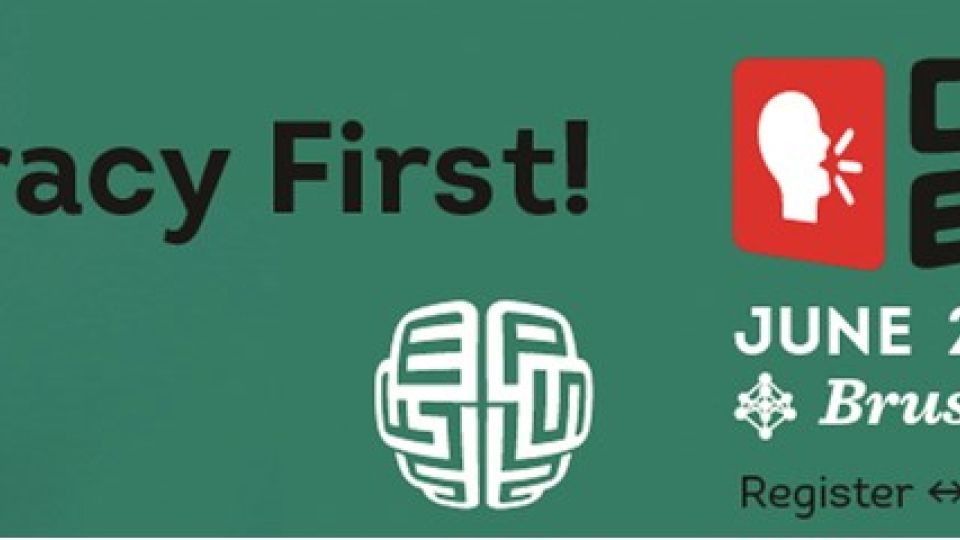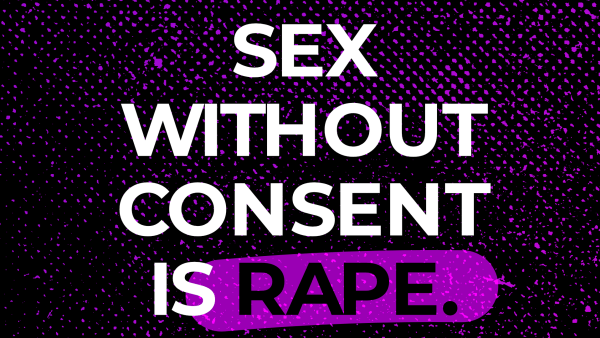Call to Europe VII: Democracy First!
European democracy is permanently challenged. The institutional set up is still based on the logic of transnational representation. There is little space for citizens to interact with European politics and express their opinions. When, in 1979, the direct elections to the European Parliament were introduced, hopes were dashed, as the expected change did not happen. European citizens see their votes as ‘second order’. They see them as merely used to test ideas and give feedback to the parties in between general elections. Every European election until 2014 saw a declining turnout. Diverse attempts to improve the situation – such as the Treaty of Maastricht that introduced the European Union – were not game changers.
Even worse - at the time the citizens were given a chance to speak up on the quality of democracy and the proposal to establish a European Constitution, the answer given in 2005 in two EEC founding states (France and the Netherlands) was a resounding “no”. Although a pause for reflection and then the Lisbon Treaty were to set Europe off on a new path towards more democracy, it would seem that the old conflicts not only prevailed, but became enhanced.
Tensions between national and EU governing institutions are growing. In recent years, its existence has been exposed, when European Council members were trying not to accept the European Parliament’s nominee for the President of the European Commission.
The fight between the tradition of consensual decision-making and the demand for politicisation of the alternatives, as far as choosing the trajectory for the future of Europe, continues intensively.
The symbol of this was the debate on sustainability of a ‘grand coalition’ in the light of the recent election of the President of the European Parliament. There is continued wrestling between the institutions and citizens. Citizens feel disempowered and subjected to the strategies they would never offer legitimising a mandate for. For example, the popular resistance to austerity policies, which are perceived as coming from the EU, are at the source of a rise in new kinds of Euro-rejectionist attitudes.
Resolving these conflicts will determine the Future of Democracy in Europe and will be at the core of the debate framing the context of the European Elections in 2019. Motivated to anticipate them, and in a direct response to the European Commissions’ White Paper, FEPS intends to use its annual flagship event - Call to Europe VII to debate:
• Democracy First – Rewriting the Rules of the European Economy
• Democracy First – Strengthening Democracy in Europe and in the Member States
Galleria multimediale
Eurodeputati coinvolti
Contenuti correlati
Scopri di più









